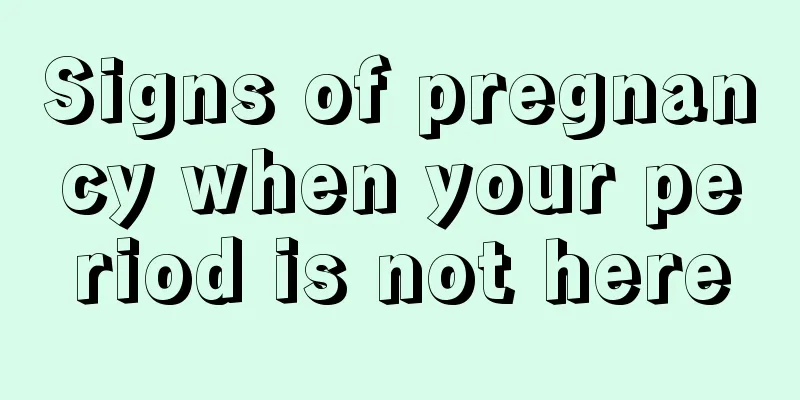Here is everything you want to know about the safe period for women

|
Women generally divide the menstrual cycle into the menstrual period, ovulation period and safe period. The safe period for women refers to the period of time during which sexual intercourse is possible without the use of contraceptive measures and there will be no accidental pregnancy, except in special circumstances. So let's take a detailed look at the safe period for women. What is the safe period The period from the end of menstruation to the day before ovulation is the safe period before ovulation. From the first day after the end of ovulation to the day before the next menstrual cramps is the safe period after ovulation. Generally speaking, the safe period after ovulation is safer than the safe period before ovulation. This is because some women sometimes affected by environmental changes and mood swings affect the advance of the ovulation, so before the safe period ovulation will be shortened, but did not know their own, so before the safety period ovulation is not safe. The opportunity that the ovary has row two eggs in a menstrual cycle is very rare, that is, after ovulation to the next menstrual cramps before this period of time usually won't happen again the second time of ovulation, so the safety period after ovulation is relatively safe. Important points to note about safe contraception: Menstrual period contraception is only suitable for couples with regular menstrual cycles, long-term cohabitation, regular lifestyles, and mutual cooperation and understanding. However, due to its low safety, women who use this method of contraception should pay attention to the following points: (1) Many diseases can change a woman’s ovulation time, such as endocrine diseases, kidney diseases, etc. If you use the "safe period" contraception during this period, it can often lead to contraceptive failure: (2) Having sex during menstruation generally does not lead to pregnancy, but there is a possibility of accidental ovulation during menstruation, and having sex during menstruation is prone to infection, which has more harm than good; (3) If a woman is in menopause and still has a small amount of vaginal bleeding, she should not have sex until the fourth day after the bleeding stops, because this bleeding may be caused by ovulation; (4) If you are switching from oral contraceptives to menstrual period contraception, you may experience extra ovulation or irregular menstruation in the first few months after stopping the contraceptives, so you should avoid using safe period contraception during these months if possible. |
<<: The amount of pubic hair is closely related to health
>>: Understand the survival time of egg cells and grasp the best time to have sex
Recommend
If my high blood pressure is 150 and my low blood pressure is 95, do I need to take medicine? If I meet the conditions, I don't need to take medicine for the time being.
A friend of Huazi was diagnosed with high blood p...
Itch around the belly button of a woman
Women's bodies are delicate and they should a...
What are the advantages of minimally invasive surgery for breast nodules?
Many women have breast nodules. Breast nodules me...
Postpartum Weight Loss Recipe Introduction
Being a mother is a very happy thing, but after g...
Canalys: Exploring the opportunities and challenges of open-back headphones
The global economy is slowing down, and the deman...
How much do you know about antihypertensive drugs?
Hypertension is a common disease in our daily lif...
Can I eat fresh dates during breastfeeding?
When women are breastfeeding, in order to ensure ...
What's going on when the ultrasound is clean and there is blood 30 days after the medical abortion?
Some women get pregnant accidentally, but have to...
Can pregnant women eat salted duck eggs?
As we all know, salted duck eggs are pickled with...
The color of the first menstruation in little girls
The age of menarche varies according to one's...
What to do with vaginal itching during menstruation
The menstrual period is an important period of ti...
The nipple can squeeze out clear liquid
This symptom is generally called nipple discharge...
Girls with chicken blood vine
When it comes to chicken blood vine bracelets, ma...
Why do we sometimes bleed after having sex?
Having a wonderful married life is what every cou...
Solutions for decreased appetite during late pregnancy
A decrease in appetite in the late pregnancy is a...









